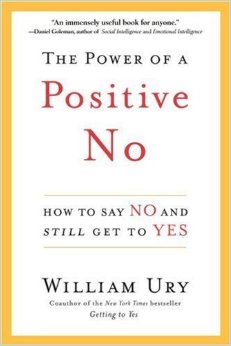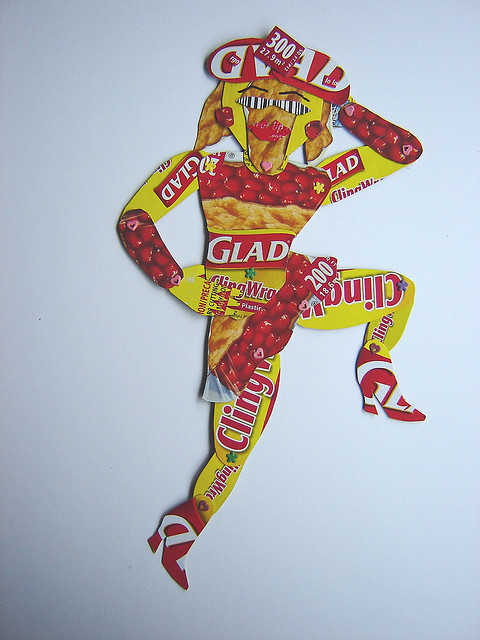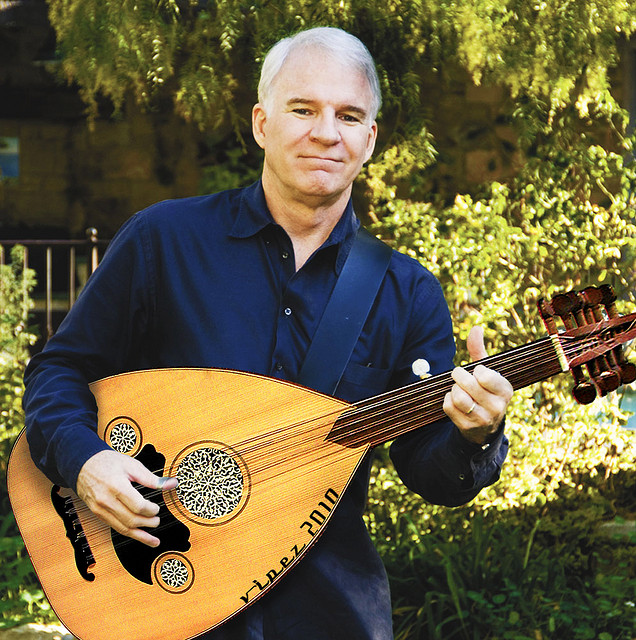“We all want to say yes, because with yes comes so much opportunity, but with power of no comes focus and engagement.”
—Jared Leto, American actor, singer, songwriter, and director.

Image from Amazon.com
Today’s quote immediately brought to mind William Ury’s 2007 book, The Power of the Positive No.
Ury is a renowned negotiator, mediator, and Harvard professor who saw the need to stop some of the madness of the limitless choices in our high stress world. He promotes the concept of a “positive NO” to make room for what really counts – our own needs, values, and priorities.
EXERCISE:
How will the power of the positive NO provide you the level of focus and engagement you need to bring about the YESES for your most important opportunities?









